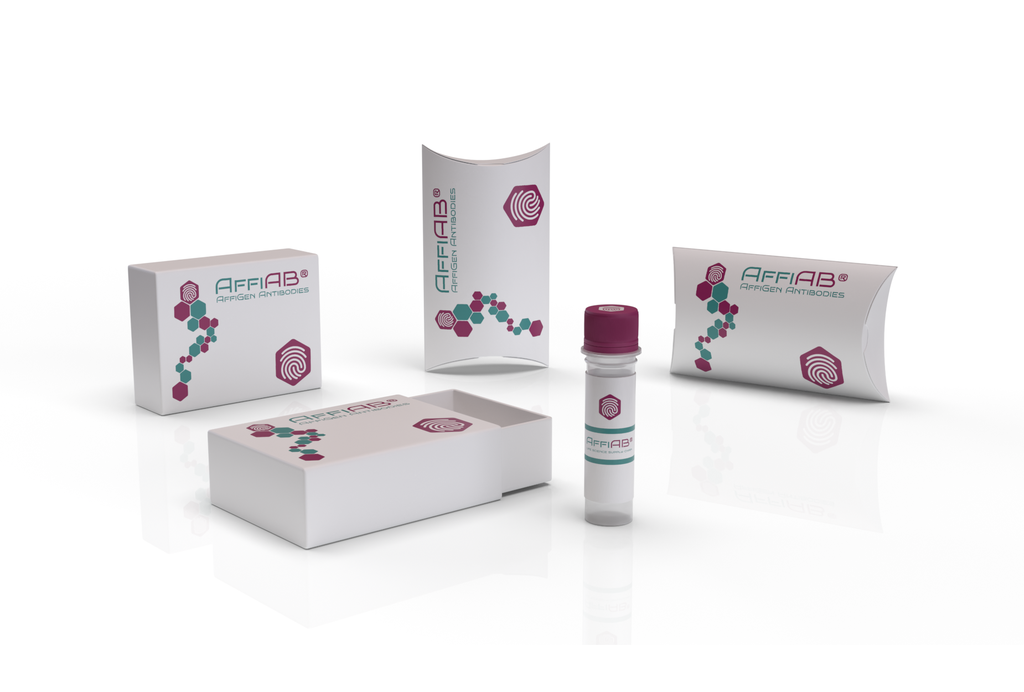AffiAB® Anti-EpCAM Antibody
The epithelial cell adhesion molecule Ep-CAM, which is also designated tumor-associated calcium signal transducer 1 and MK-1, is a monomeric membrane glycoprotein that is expressed in most normal human epithelium and carcinomas. The human Ep-CAM gene encodes a 314 amino acid protein that is expressed as two forms, a major form and a minor form, which are reduced upon treatment with the amino-glycosylation inhibitor tunicamycin. Ep-CAM is overexpressed in a variety of carcinomas and is, therefore, a potential target for the visualization and therapy of human solid tumors. Ep-CAM contains an extracellular domain containing two epidermal growth factor-like repeats, followed by a cysteine poor region, which is necessary for the adhesion properties of the molecule.
Antibody type
Rabbit polyclonal Antibody
Uniprot ID
SwissProt: P16422 Human; SwissProt: Q99JW5 Mouse; SwissProt: O55159 Rat
Recombinant
NO
Conjugation
Non-conjugated
Host
Rabbit
Isotype
IgG
Clone
N/A
KO/KD
N/A
Species reactivity
Human, Mouse, Rat
Tested applications
WB, IF-Cell, IHC-P
Predicted species reactivity
N/A
Immunogen
Synthetic peptide within human EpCAM aa 90-180.
Storage
Store at +4°C after thawing. Aliquot store at -20°C. Avoid repeated freeze / thaw cycles.
Form
Liquid
Storage buffer
1*PBS (pH7.4) , 0.2% BSA, 50% Glycerol. Preservative: 0.05% Sodium Azide.
Concentration
1 mg/mL.
Purity
Immunogen affinity purified.
Signal pathway
Immunology & Inflammation
Recommended dilutions
WB: 1:500; IF-Cell: 1:100; IHC-P: 1:50-1:200
Molecular Weight
Predicted band size: 35 kDa
Subcellular location
Cell junction, Plasma membrane.
Positive control
Mouse colon tissue lysate, LOVO, MCF-7, rat epididymis tissue, human colon cancer tissue, mouse small intestine tissue.
